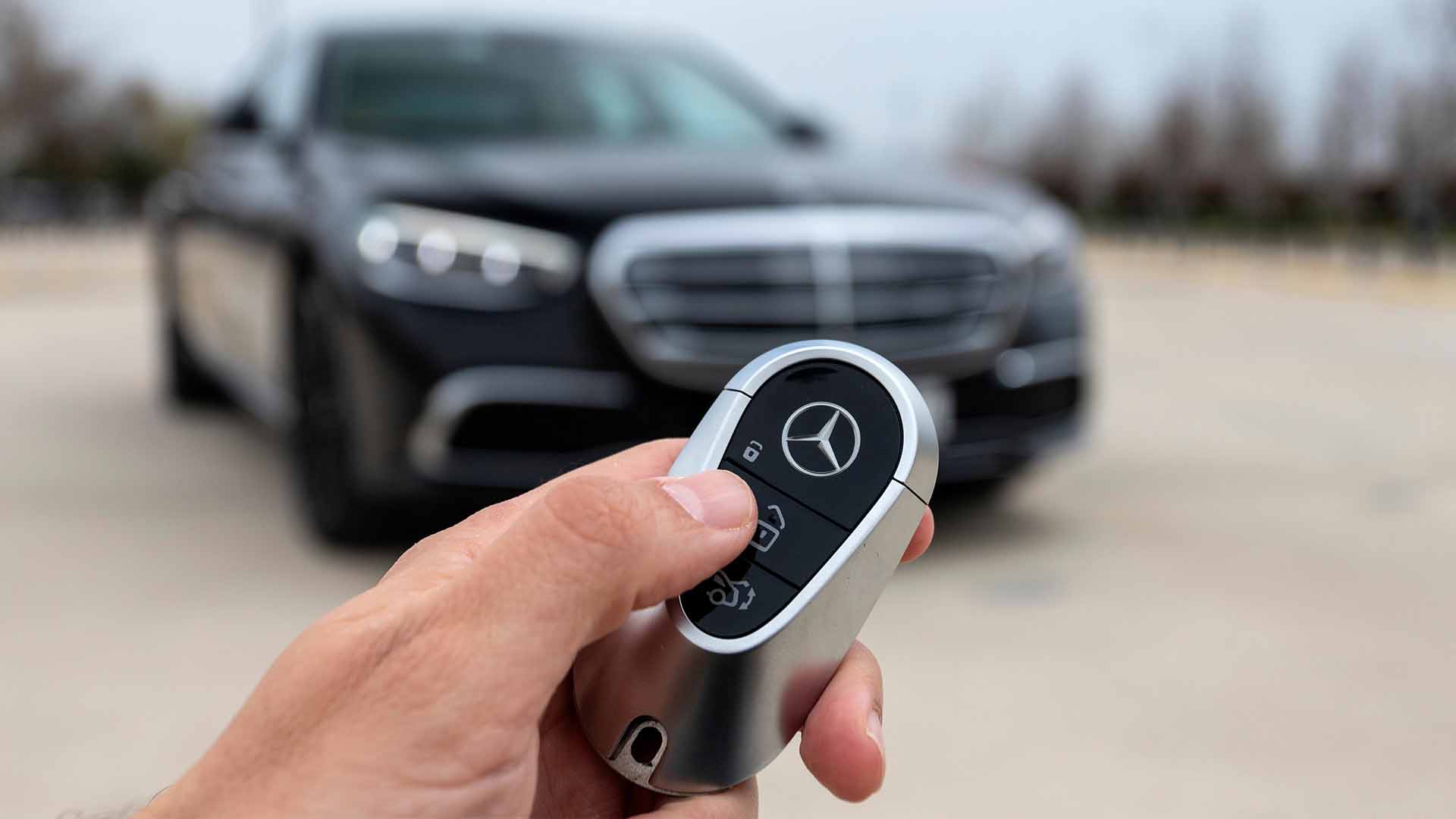
Representative Example: You could borrow £10,699 over 60 months with an initial payment of £495.89 (including £199 Admin Fee) followed by 58 monthly payments of £296.89 with a final payment of £495.89 (including optional £199 Option to Purchase Fee). Total amount repayable will be £19,012,40. 26.1% APR, annual interest rate (fixed) 13.3%.
The Admin Fee is a £199 fee that helps cover the costs of setting up your finance agreement. It covers things like preparing your agreement documents, carrying out credit and identity checks, and arranging payment to the broker. This fee is paid at the same time as your first payment, and it isn't refundable. It's separate from your deposit and from any other charges on your agreement.
The Optional Purchase Fee is a £199 fee you only pay if you decide to buy the car at the end of your finance agreement. You don't have to buy the car, that's entirely your choice. If you choose to hand the car back instead, you won't pay this fee. If you decide to keep the car, you'll need to pay the £199 Optional Purchase Fee, usually along with your final payment, to transfer legal ownership of the vehicle to you. This fee covers the cost of finalising your agreement and removing our interest in the vehicle. It's separate from your deposit and from any other charges on your agreement.
The amount shown is an illustration of a typical monthly payment based on the Representative APR. These figures are for guidance only; the actual payments and rate you're offered will depend on your individual circumstances and are not guaranteed. Please see below for details of how your first and final payments may be different.
Thinking about selling a financed car? Here’s what you need to know first
Selling a car that’s still under finance is possible, but it works differently than selling a car you fully own. You’ll need to get approval from your finance company before going ahead.
If you’re on a hire purchase agreement, remember that the car legally belongs to the lender until you’ve made the final payment. That means you can’t sell or transfer ownership without settling the finance or getting the lender’s permission.
Yes, but there are important steps to follow. If your car is under a hire purchase or personal contract purchase agreement, it legally belongs to the finance company until the final payment is made. This means you can't legally sell the car without first getting permission from your lender.
Always speak to your finance company before taking any action. They can explain your options and provide a settlement figure, the amount needed to clear your outstanding finance. Trying to sell a financed car without permission can have serious legal and financial consequences.
If you’re thinking about selling a car that still has finance on it, there are a few routes you can take, but it’s important to follow the right steps. Because the car legally belongs to the lender until the agreement is fully settled, you can’t simply sell it like you would a car you own outright.
The good news is, there are several options available that allow you to sell or trade in your financed vehicle, whether you want to switch cars or simply settle your agreement. Below are the three most common ways to do this:
This means paying off your remaining balance to make the car yours. After this, you can sell it freely. To do this:
Dealerships often handle outstanding finance when you trade in your car. They will:
Some companies buy cars with finance. They:
If your car is worth less than what you still owe, this is called negative equity. It often happens in the early part of a finance agreement, especially with cars that depreciate quickly in value.
You can still sell the car, but you’ll need to:
For example, if your settlement figure is £7,000 but your car is only worth £5,000, you’d need to pay the £2,000 difference.
Some dealerships may offer to roll this shortfall into a new finance agreement. This can be convenient if you're upgrading your car, but it means:
It's important to weigh up whether this option is affordable long term or if it’s better to wait, save, or pay off more of your current agreement first.
Yes, it can be. Selling a car with outstanding finance without your lender’s approval is a breach of your finance contract. The risks include:
This could also leave the buyer with no legal ownership of the car, creating further complications. Always clear finance before selling or get written consent from the lender.
Because the finance company owns the car until you make the final payment, there are some important rules about how you can use it. These rules are set out in your finance agreement and are there to protect the lender’s interest in the vehicle.
You’re usually not allowed to sell the car, as you’re not the legal owner. Modifying the car, such as changing the paintwork, adding body kits, or upgrading the exhaust, may also be restricted. Some lenders may allow certain changes, but you must get their permission first. Using the car for commercial or business purposes is another common restriction, especially if your agreement is for personal use only.
Taking the car abroad can be limited too. You may need written permission from the finance company if you want to drive the car outside the UK. Each lender is different, so always check the small print before making any plans. Breaking any of these rules could put you in breach of your agreement, which may result in extra charges or even the finance being cancelled. That’s why it’s important to read your HP agreement carefully and ask questions if anything is unclear.
Even though you don’t legally own the car during the HP term, you’re still responsible for looking after it. This includes making sure it’s insured with fully comprehensive cover, taxed, and kept in good condition. You’ll need to keep up with regular servicing and MOT tests as required by law. If the car develops a fault, it’s your responsibility to get it repaired promptly. You’ll also need to keep the vehicle at your registered address unless you’ve told the lender otherwise. In short, you’re expected to treat the car as if it were your own and ensure it stays roadworthy and protected throughout the agreement.
You can contact your finance company and ask for a settlement figure. This is the amount required to pay off your agreement early, and it includes any interest or fees due.
Make sure to:
Once you've received and accepted the quote from your finance provider, you can move forward with selling the car or settling the agreement. Make sure you understand the total amount to pay and any deadlines for making the payment. Once paid, the finance company should send you written confirmation that the agreement has been cleared.
You can contact your finance company and ask for a settlement figure. This is the amount required to pay off your agreement early, and it includes any interest or fees due.
Make sure to:
Once you've received and accepted the quote from your finance provider, you can move forward with selling the car or settling the agreement. Make sure you understand the total amount to pay and any deadlines for making the payment. Once paid, the finance company should send you written confirmation that the agreement has been cleared.
You have a few safe and practical options when selling a car that’s still under finance:
Always avoid selling a car while it still has outstanding finance unless you’re working through an approved dealer or car buying service. This helps protect both you and the buyer from potential legal and financial problems.
Yes. If your car is currently financed through AutoMoney Motor Finance, our Customer Support Team is here to help. We can guide you step by step through the process, including:
We also offer car finance for used vehicles, even with no deposit and support customers with less than perfect credit. To get started, call the New Customers number above (free from mobiles and landlines), use our live chat, or apply online.

